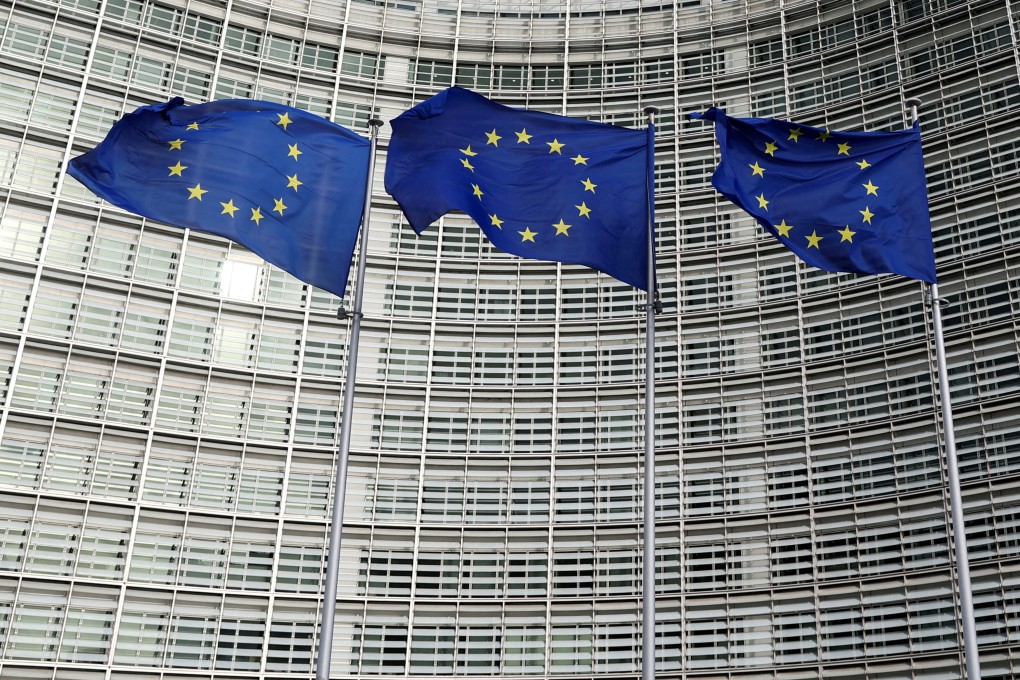EU nears deal to regulate ChatGPT, other AI tech in landmark act
- A deal marks a critical step in clearing landmark AI policy that will set the tone for the regulation of generative AI tools in the developed world
- Some countries, including France and Germany, oppose rules that they said would unnecessarily handicap local companies

The European Union is nearing a deal on what is poised to become the most extensive and wide-reaching regulation of artificial intelligence (AI) in the Western world.
Negotiators have agreed to a set of controls for generative AI tools such as OpenAI’s ChatGPT and Google’s Bard – the kind capable of producing content on command, people familiar the discussions said early on Thursday.
Delegates from the European Commission, the European Parliament and 27 member countries reached the compromise in a meeting that began on Wednesday afternoon and has dragged on for hours, bringing the group closer to a formal agreement over a broader piece of legislation known as the AI Act, said the people, who asked not to be identified because the talks are not public.
A deal marks a critical step in clearing landmark AI policy that will – in the absence of any meaningful action by US Congress – set the tone for the regulation of generative AI tools such as OpenAI’s ChatGPT and Google’s Bard in the developed world. Policymakers have been working for months to finalise the language in the AI Act and get it passed before European elections in June usher in a whole new commission and parliament that could force more changes and stall efforts.
The European Commission did not respond to a request for comment sent outside regular business hours.
The extensive, late-into-the-night discussions underscore how contentious the debate over regulating AI has become, dividing world leaders and tech executives alike as generative tools continue explode in popularity. The EU – like other governments, including the US and the UK – has struggled to find a balance between the need to protect its own AI start-ups, such as France’s Mistral AI and Germany’s Aleph Alpha, against potential societal risks.
That has proven to be a key sticking point in negotiations, with some countries including France and Germany opposing rules that they said would unnecessarily handicap local companies. Officials were growing increasingly confident that a deal would be reached early on Thursday, though the technical details of the act would still need to be hammered out in a series of follow-up meetings.